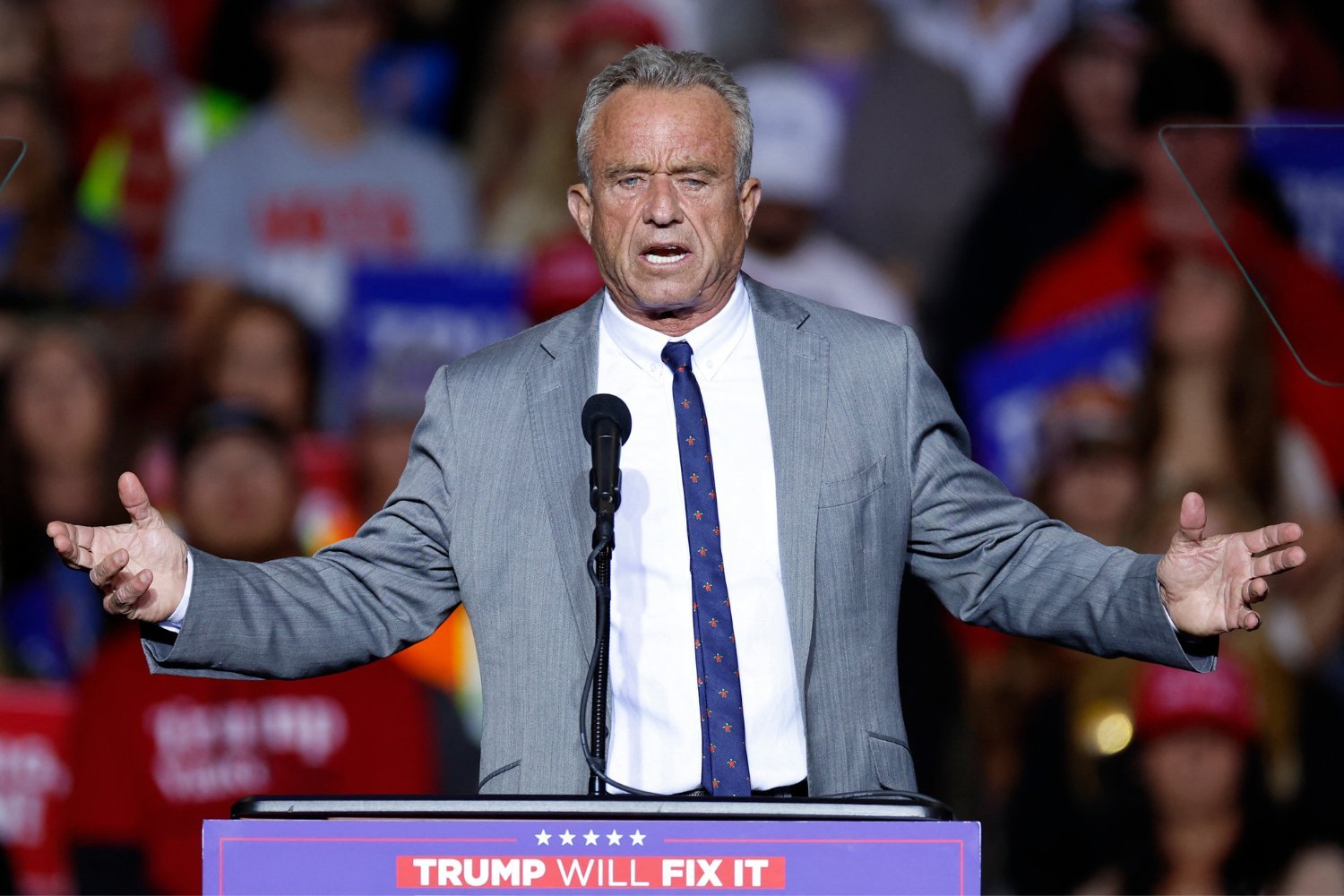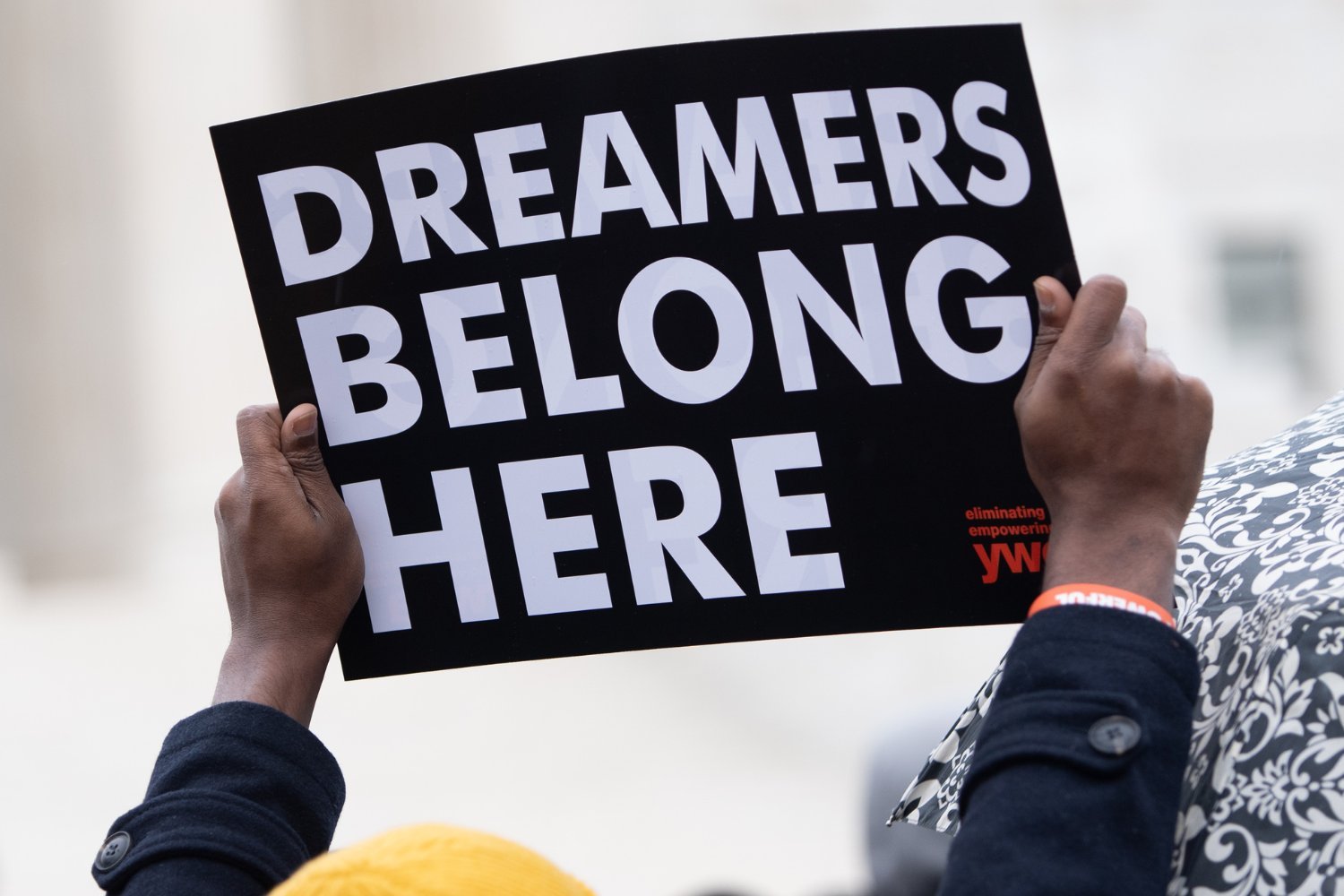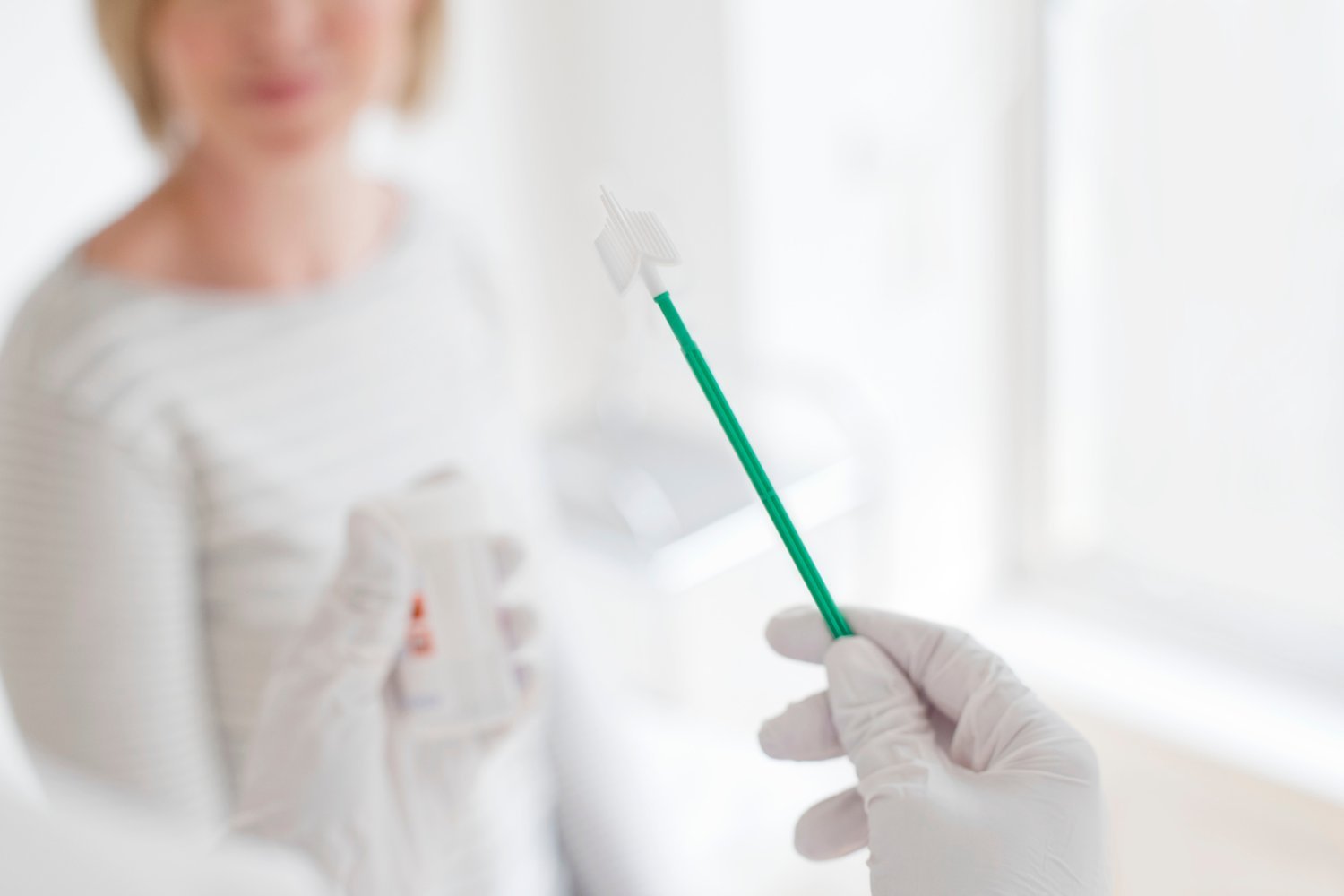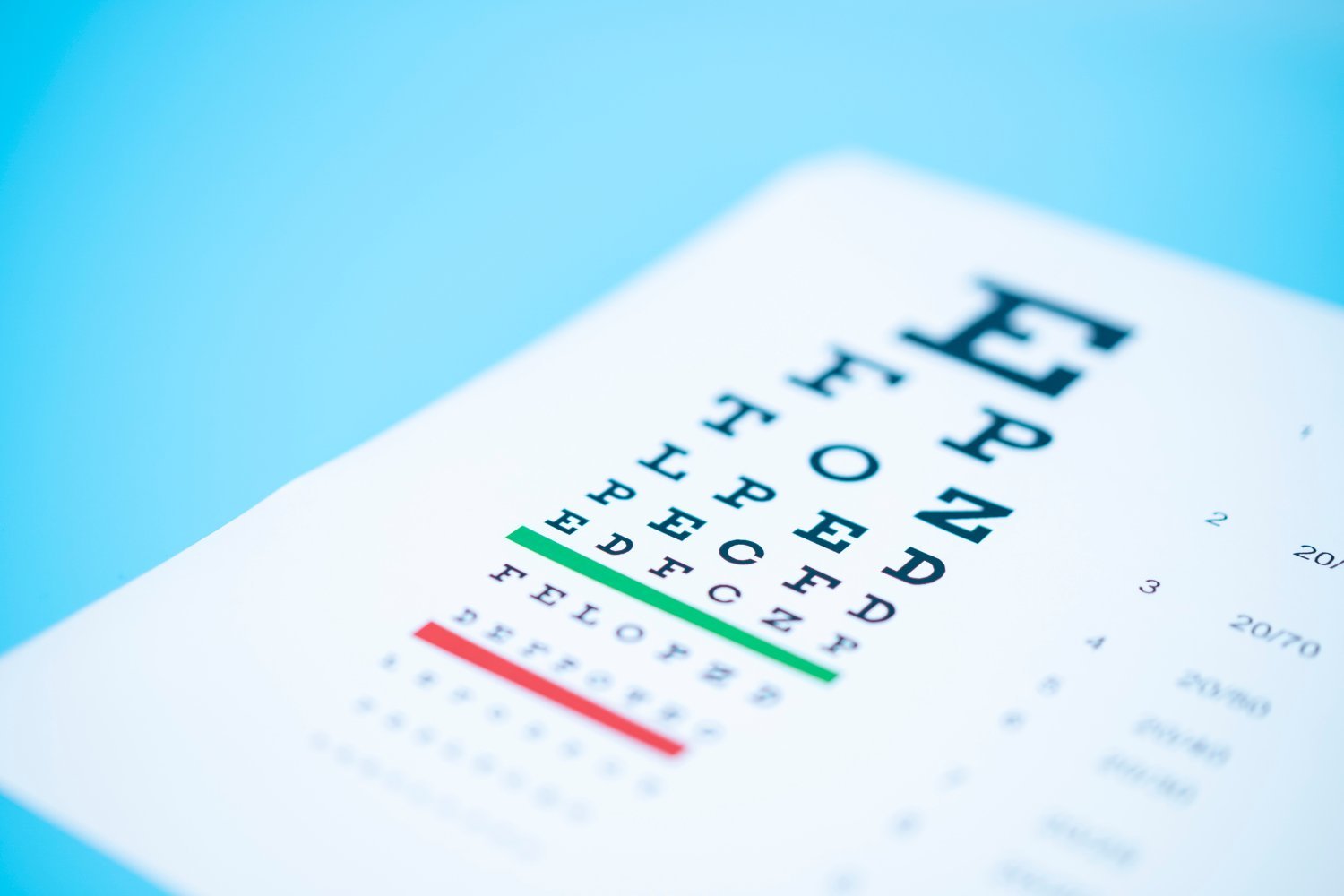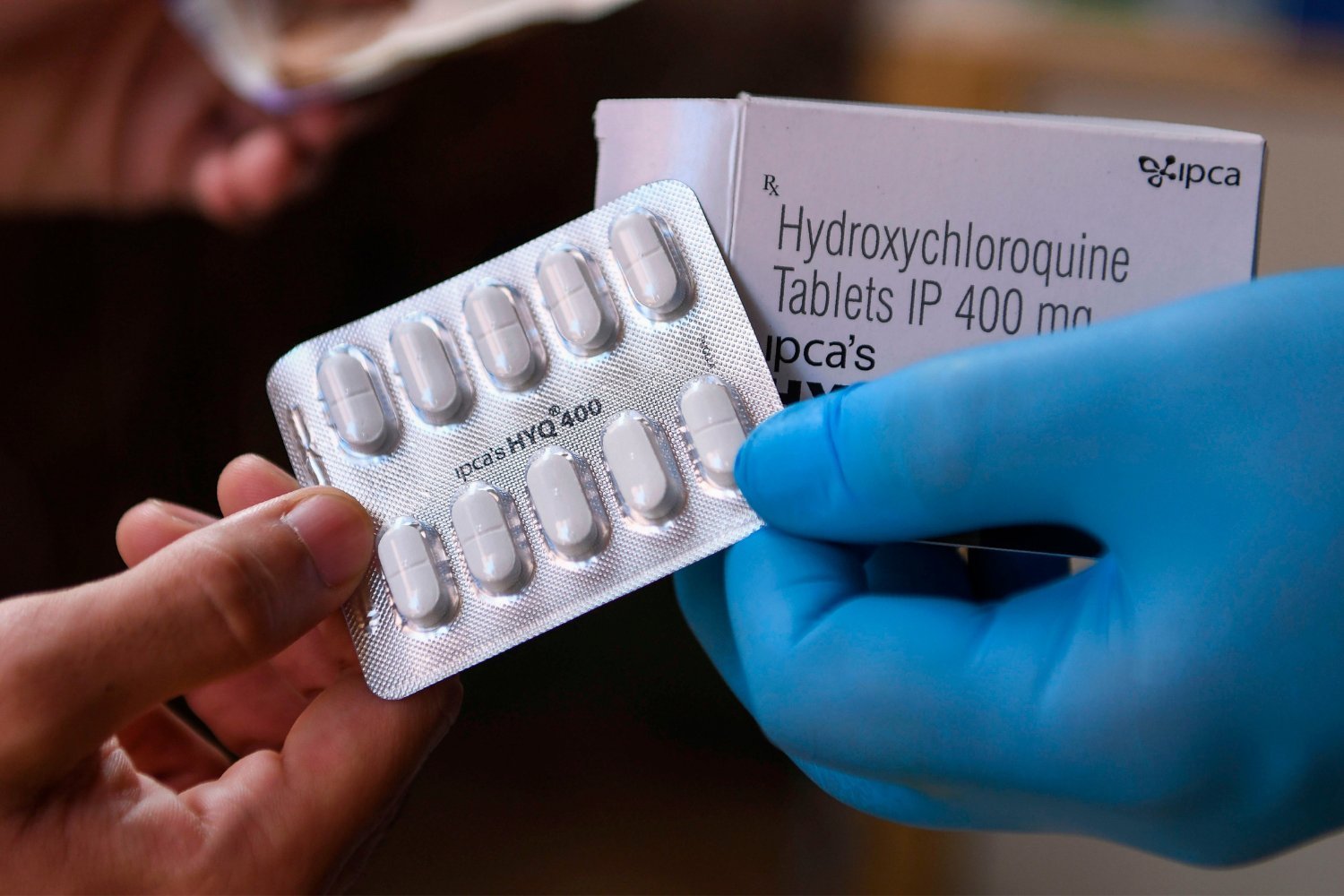Robert Kennedy Jr.’s nomination by President-elect Donald Trump to lead the U.S. Department of Health and Human Services (HHS) has sparked concerns about the future of vaccination in the United States. Kennedy, along with his lawyer Aaron Siri, has a history of advocating against certain vaccines, raising fears of potential policy changes under his leadership.
A recent New York Times article detailed Siri’s legal efforts to challenge vaccine approvals, including petitions to the Food and Drug Administration (FDA) to revoke approval for the polio vaccine and withdraw the hepatitis B vaccine. Siri has also sought to pause the distribution of 13 other vaccines on behalf of the Informed Consent Action Network, an anti-vaccination organization. He has argued for the removal of these vaccines until they undergo double-blinded, placebo-controlled randomized studies, despite existing research consistently supporting their safety and efficacy. Experts like Paul A. Offit, a vaccine expert at the Children’s Hospital of Philadelphia, have countered such arguments, emphasizing the real risks posed by preventable diseases.
Siri’s influence extends beyond legal challenges. The Times reports he is advising Kennedy on potential HHS staff, with vaccine stances being a key factor in candidate evaluations. There are even reports that Kennedy has considered appointing Siri as HHS general counsel, although Siri might prefer an external role.
While Kennedy’s nomination faces opposition, including from some Republican lawmakers and former Vice President Mike Pence, the uncertainty surrounding its outcome has fueled anxieties about potential vaccine policy shifts. If confirmed and given significant authority over public health, the removal of certain vaccines from the market becomes a tangible possibility.
President-elect Trump, in a recent Time Magazine interview, remained non-committal on the vaccination issue, stating he would have a “big discussion” with Kennedy. When questioned about the potential removal of vaccines under Kennedy’s recommendation, Trump responded that he would consider such action if he deemed them dangerous or ineffective, downplaying the potential controversy surrounding the issue.
The future of vaccination programs in the U.S. hinges on the confirmation of Kennedy and the subsequent policy decisions made under his potential leadership at HHS. The possibility of vaccine removals, driven by the views of Kennedy and Siri, presents a concerning prospect for public health.



